 Friday, August 8, 2025
Friday, August 8, 2025Crossfitness: The ultimate training form for strength, endurance, and mental fortitude
Crossfitness, better known to many under the trademark CrossFit®, is more than just a trend in the fitness realm. It is a high-intensity, rigorous training concept that combines functional movements, strength training, endurance, gymnastics, and Olympic weightlifting. Over recent years, Crossfitness has evolved into one of the most popular training methods globally, appealing to amateur athletes, soldiers, firefighters, and even professional sportspeople.
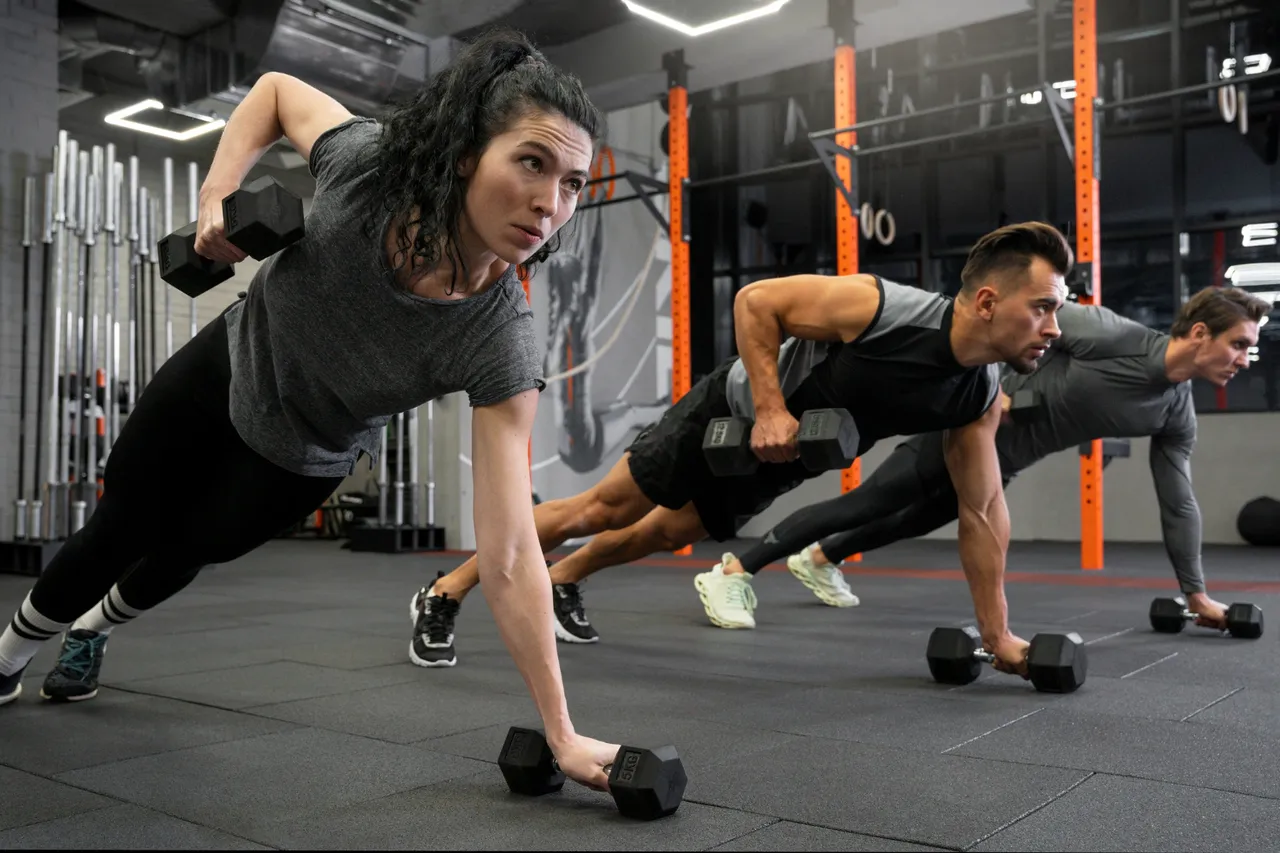
What Exactly is Crossfitness?
Crossfitness is a holistic training system where the sessions (known as "Workouts of the Day" or WODs) consist of constantly varied, functional movements executed at high intensity. The goal: a fitter, stronger, and more resilient body.
The Core Principles:
- Functional Movements: such as lifting, pulling, pushing, jumping, or running
- High Intensity: often in an interval style
- Variation: no two training sessions are alike
- Whole-Body Approach: not just muscles, but also coordination, balance, mobility

Benefits of Crossfitness
1. Maximum Efficiency
Crossfitness sessions usually last between 20 and 45 minutes but are extremely intense. This allows for a great deal to be achieved in a short time—ideal for people with limited time.
2. Rapid Results
By combining strength, endurance, and functional movement, performance, muscle growth, and fat burning increase simultaneously.
3. Strong Community Spirit
The training takes place in so-called Boxes (CrossFit gyms) where team spirit, mutual motivation, and support count.
4. Diverse Training
Boring routines? Not here. Crossfitness offers new challenges every day.
5. Transferability to Daily Life
Since many exercises train movements that mimic everyday patterns (such as lifting, carrying, jumping), the body becomes not only athletic but also functionally fitter.
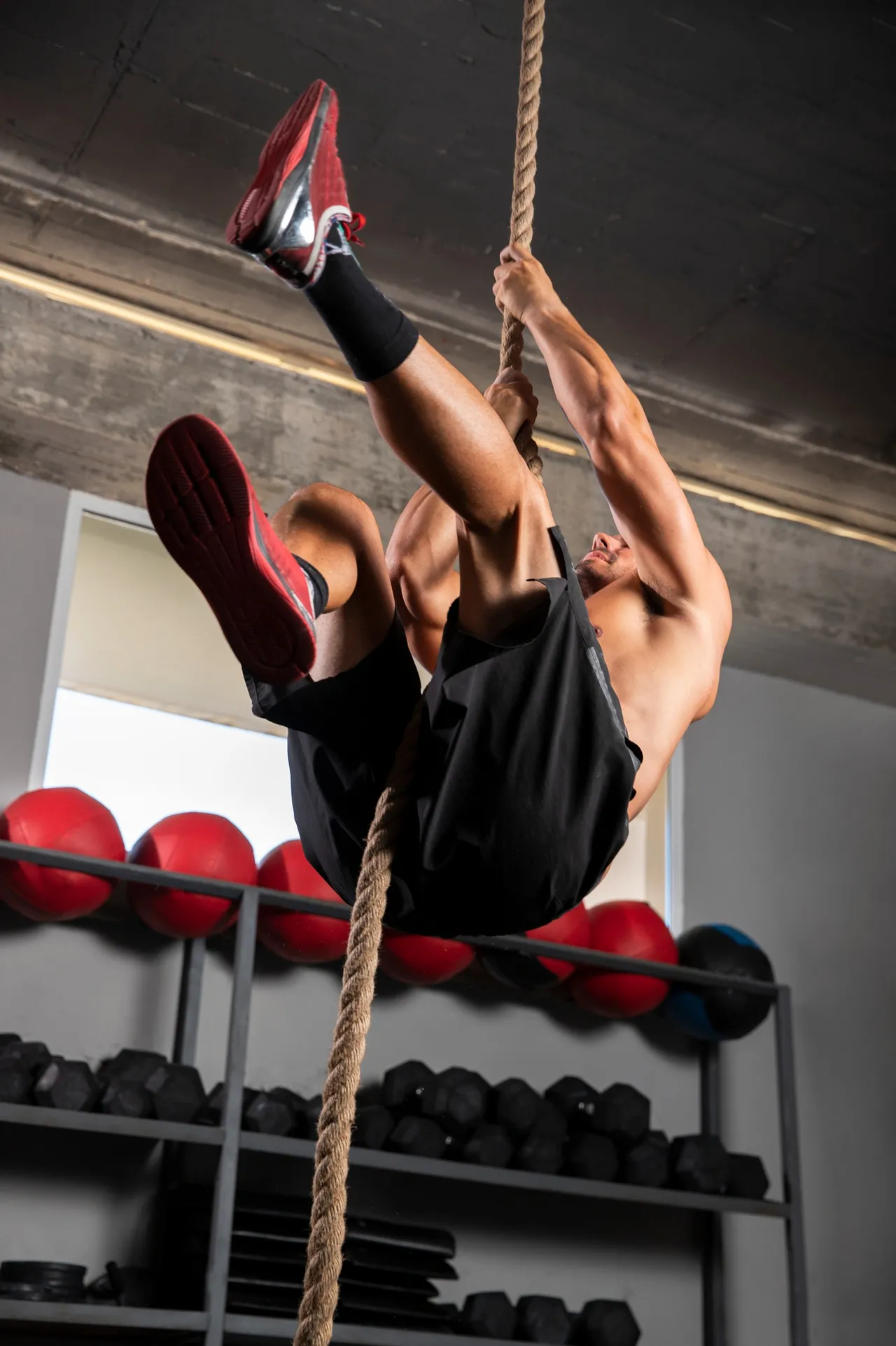
Who is Crossfitness Suitable For?
Fundamentally for everyone who enjoys moving—whether beginner, intermediate, or professional. The exercises can be individually adjusted—this is known as "Scaling". However, those with pre-existing conditions or who have never exercised should obtain medical clearance beforehand and consult a certified coach.
The Risks of Crossfitness
As effective as the training is, incorrect execution or excessive strain can lead to injuries, particularly:
- Overloading of the shoulders or lower back
- Technical errors in complex exercises like the "Snatch"
- Increased risk due to inadequate recovery
Solution: Good technique, professional guidance, and sufficient recovery are imperative.
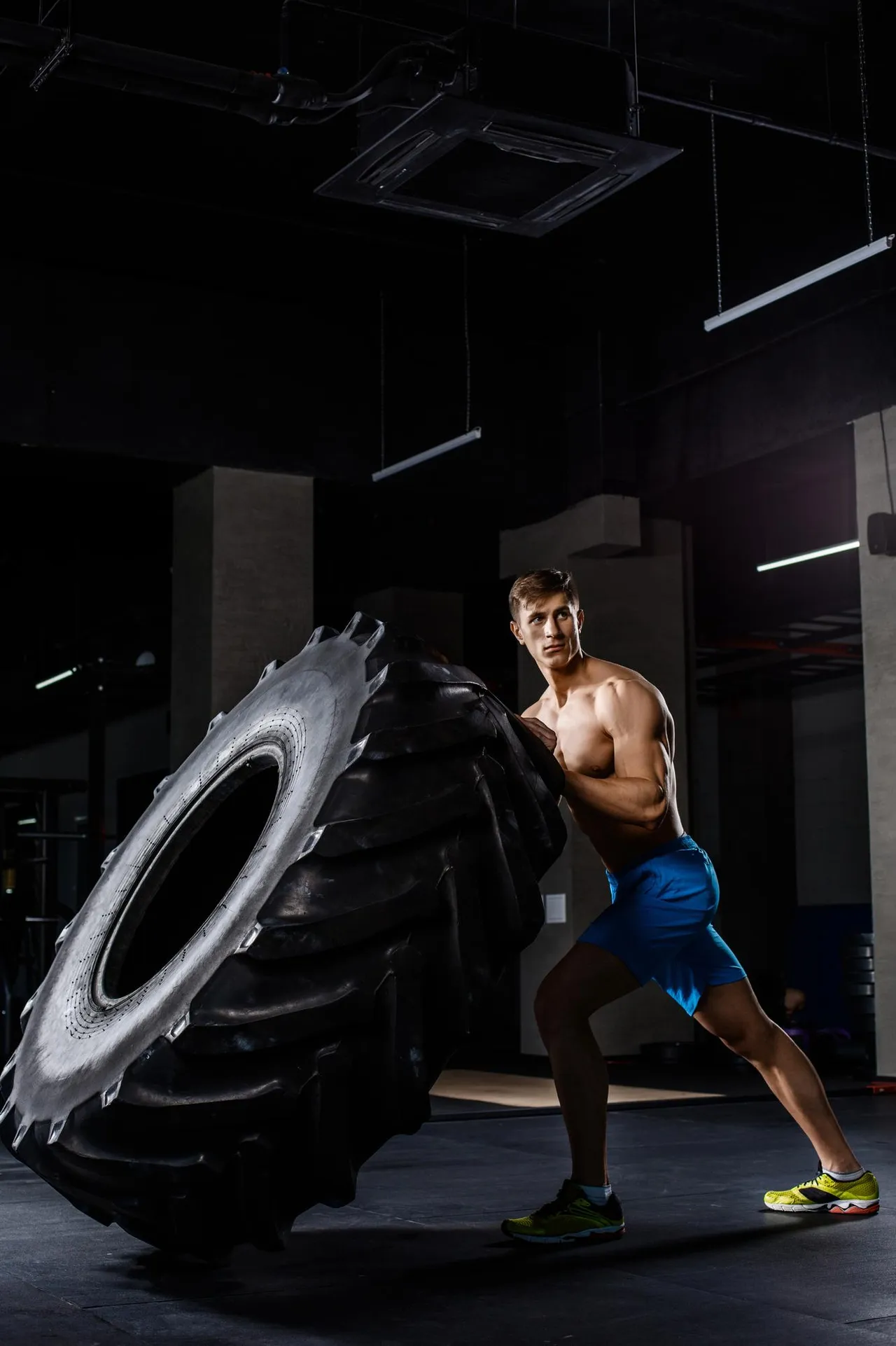
Typical Crossfitness Exercises
| Type of Movement | Examples |
|---|---|
| Weightlifting | Deadlifts, Cleans, Snatches, Overhead Squats |
| Body Weight | Push-Ups, Pull-Ups, Burpees, Box Jumps |
| Endurance | Running, Rowing, Jump Rope |
| Gymnastics | Handstand Push-Ups, Toes-to-Bar, Muscle-Ups |
| Core | Planks, Russian Twists, GHD Sit-Ups |
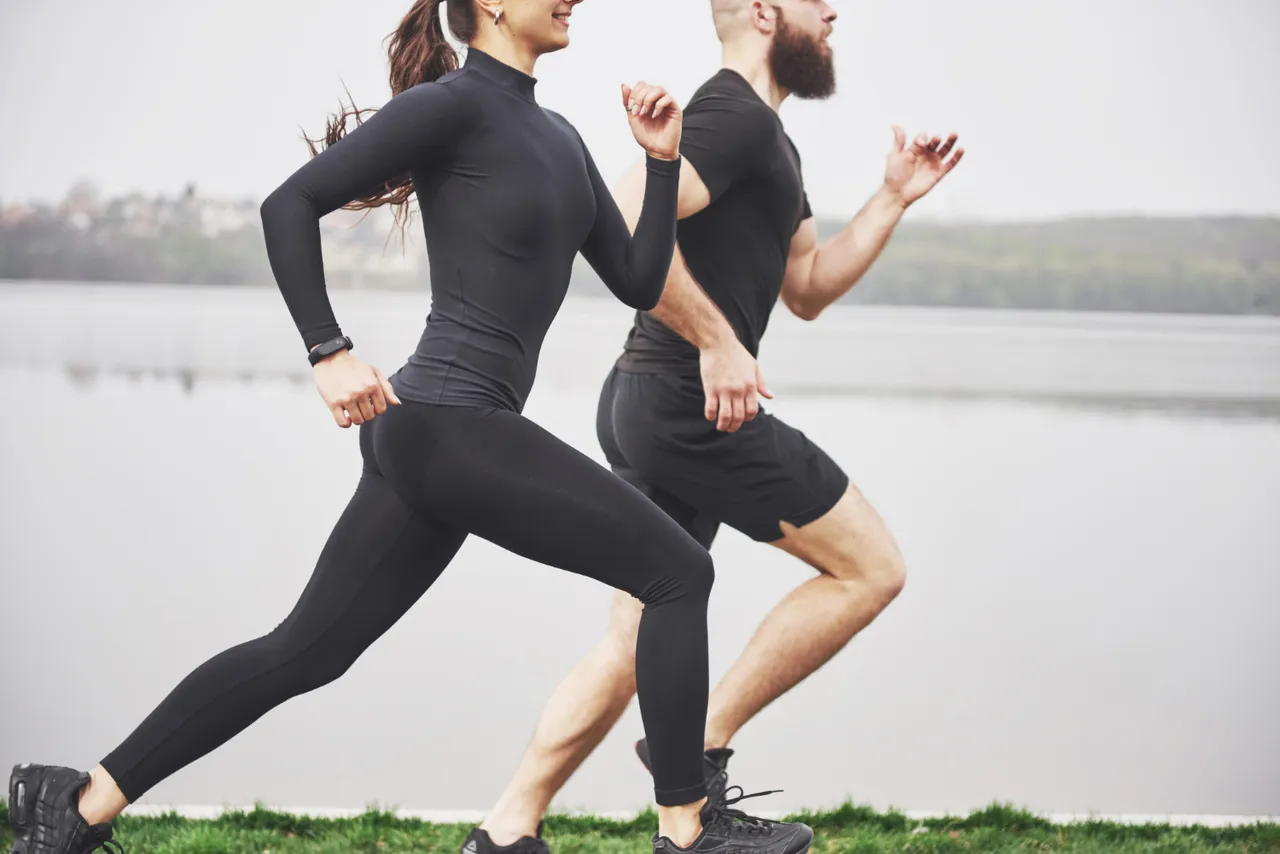
Sample WOD (Workout of the Day) for Beginners
WOD "Baseline"
3 rounds (Time Cap: 20 minutes):
- 400 m Running
- 15 Air Squats
- 10 Push-Ups
- 15 Sit-Ups
- 10 Dumbbell Thrusters (2x 5–10 kg)
Objective: Whole-body training at medium intensity to improve technique and foundational endurance.
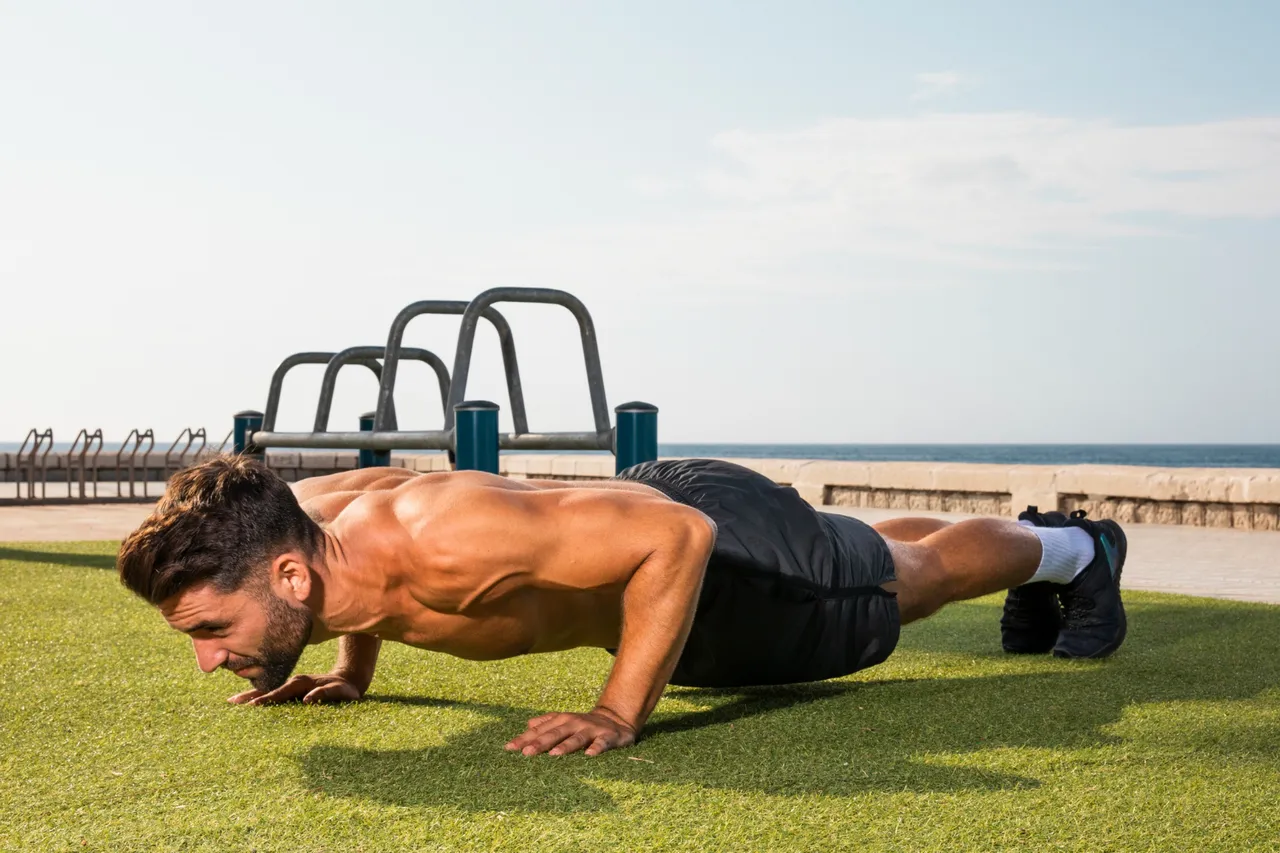
Nutrition in Crossfitness
Effective training requires proper nutrition. Nutrition in Crossfitness is often aligned with the Zone Diet, Paleo Diet, or a sport-appropriate macronutrient distribution.
Recommended:
- Proteins for recovery (eggs, fish, chicken, protein shakes)
- Complex Carbohydrates for energy (oatmeal, quinoa, sweet potatoes)
- Healthy Fats (avocado, nuts, olive oil)
- Micronutrients through lots of vegetables, berries, and water

Crossfitness vs. Traditional Fitness Studio
| Criteria | Crossfitness | Traditional Gym |
|---|---|---|
| Type of Training | Whole-body, functional, high-intensity | Isolated strength training, machines |
| Group Dynamics | High, motivating | Low to individual |
| Variety | Very high | Medium to low |
| Focus on Technique | High (e.g., Olympic Lifting) | Less (machines dominate) |
| Calorie Burn | Very high per session | Dependent on intensity and duration |
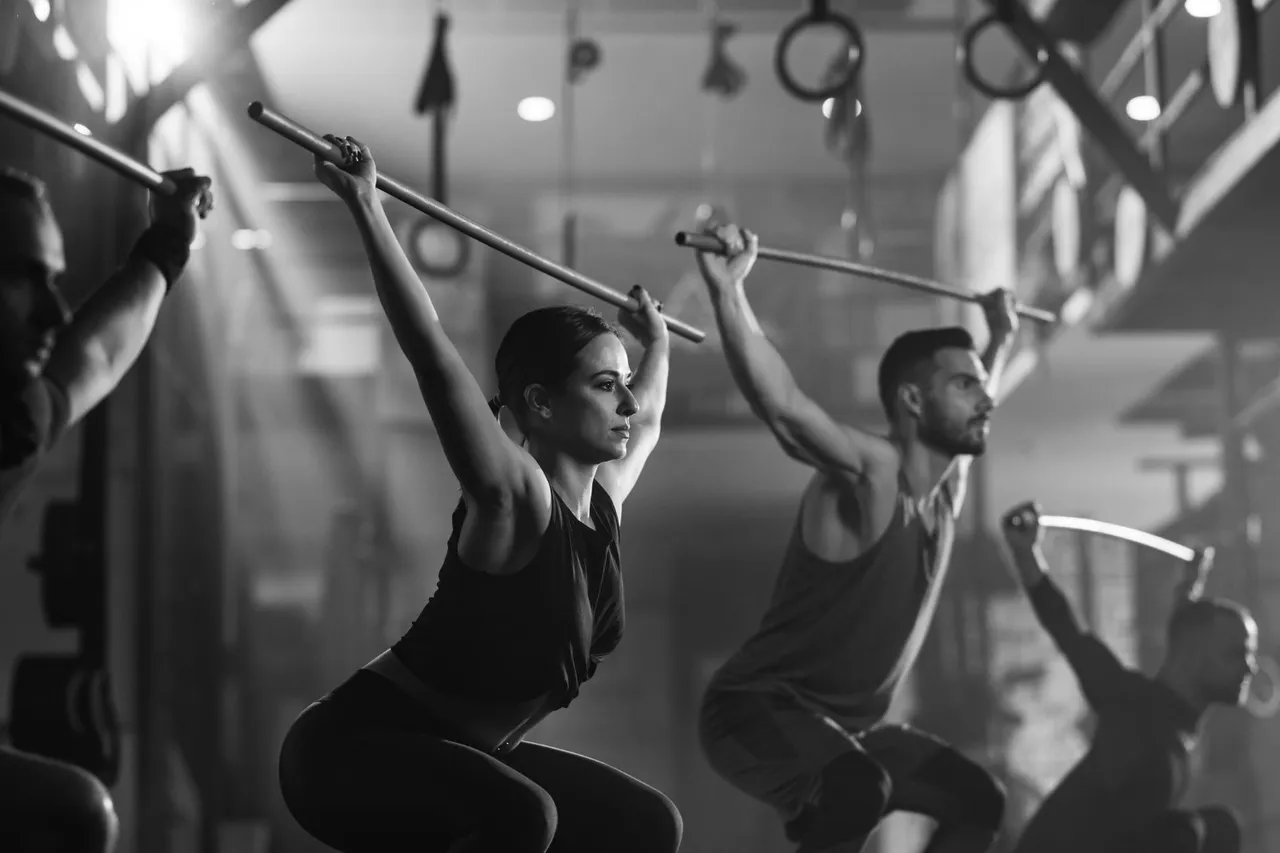
Conclusion: Crossfitness—For Those Who Want More from Their Training
Crossfitness is not a comfort workout. It is hard, intense, and challenges both body and mind. But those who embrace it will be rewarded with greater strength, endurance, flexibility, and a resilient psyche. Whether you aim to become fitter, lose weight, or simply break out of your daily routine, Crossfitness can be your gamechanger.


